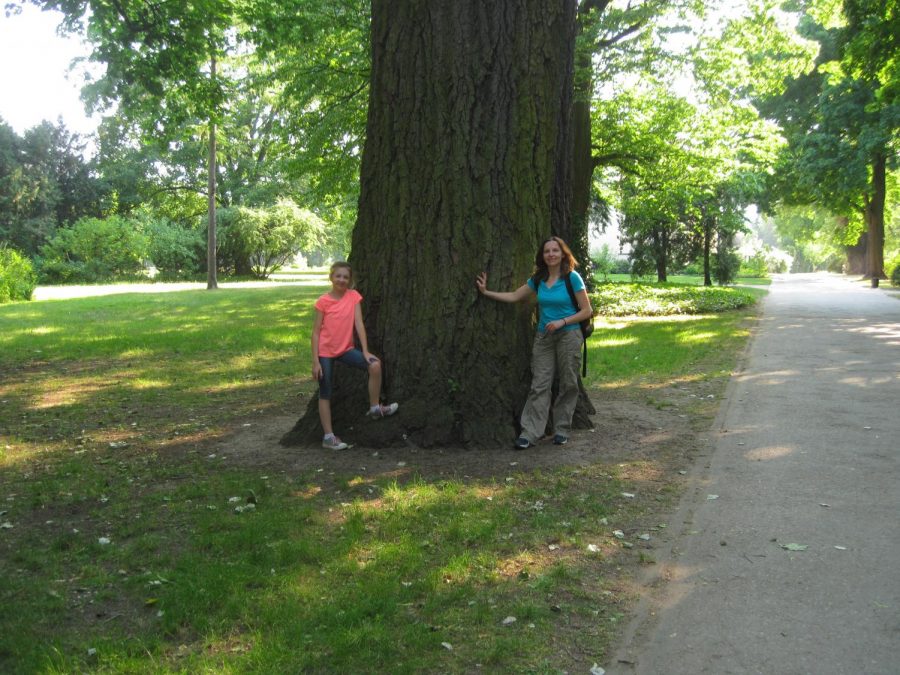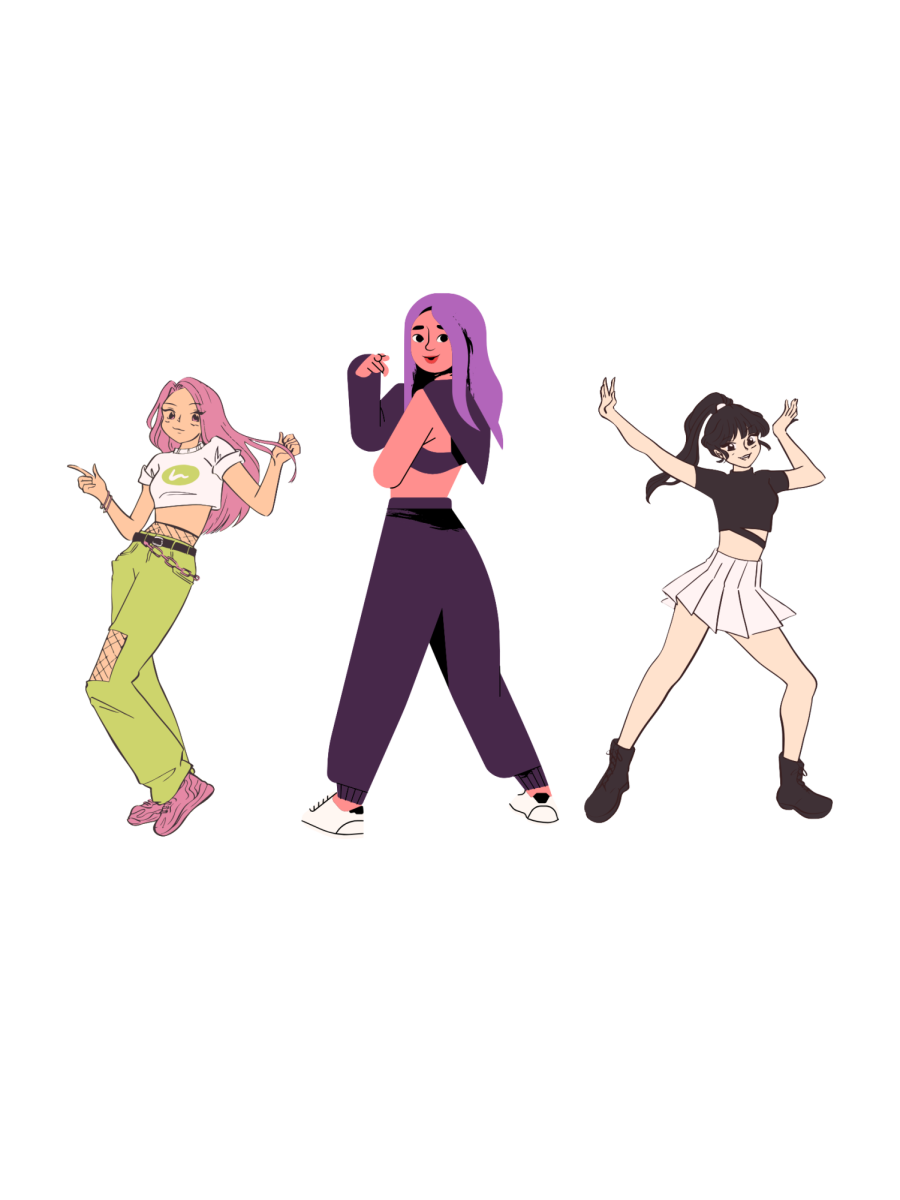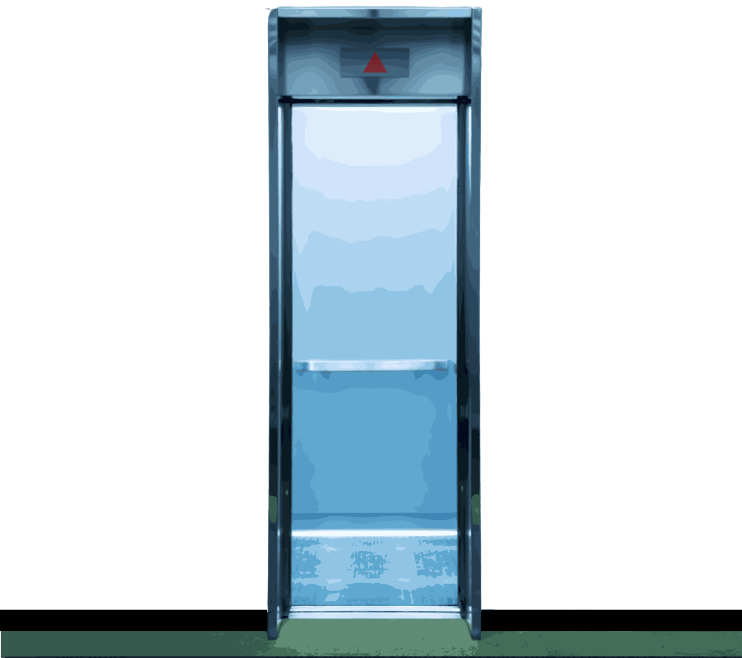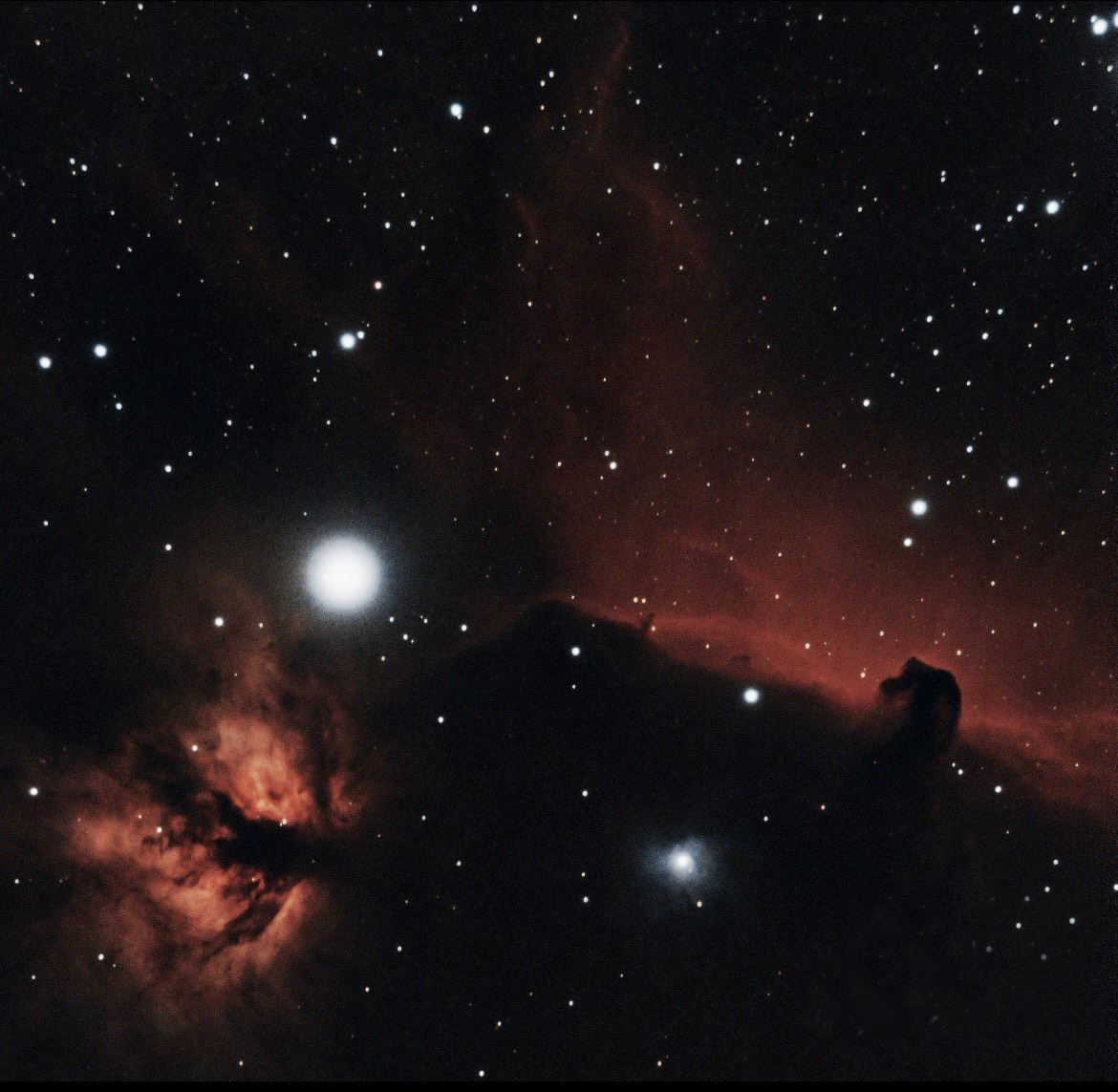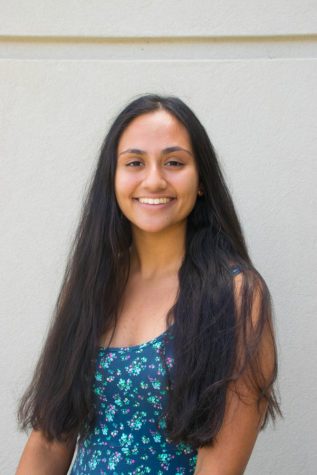You may have heard of the new Latin teacher, Bozena Lawson. Whether you know her or not, you probably do not know her story. Lawson was born and raised outside Warsaw, the capital city of Poland. It wasn’t a normal time for Poland then, for the fall of Communism was underway.
Before World War II, Poland flourished economically and culturally. However, as the war began, central European countries became divided and Communism spread.
“During Sovietization, there was no freedom of speech or beliefs, and people were getting arrested by the Soviet controlled, Polish secret police,” Lawson said. “Unless you were a member of the Communist Party, you had no rights.”
Lawson was born in the 1970s, so she didn’t experience much of this influence. She mostly lived through the fading of Communism. At this time, Poland was struggling economically because everything was state- and government-owned, leading to an absence of competition.
“We would go to stores to buy food, and you had to stand in line sometimes for hours,” Lawson said. “There was a period when we had card rations for food. I remember going to the butcher store, for example, and [I] couldn’t get more than a kilogram or a pound of certain meat.”
Most had very limited resources. According to Lawson, she could only get products such as sugar or flour once a month. Nowadays, these are the sort of products we have access to every day that we take for granted.
“But going back to the time, we had family in the countryside, and it was good because people in the countryside and villages had small farms, and you could grow food, raise cattle, etc.” Lawson said. “So having this connection helped a little bit.”
Not only was the Russian influence prominent in the economy but also in the education system.
“I went to school every day, and I remember talking about this Russian influence,” Lawson said. “We also had assemblies commemorating Russian history, not always Polish history.”
Although the education system was controlled by the Russians, Lawson remembers her teachers being lenient about the rules and making sure they taught students lessons outside of the material they were told to teach. According to Lawson, the system was changing, and her teachers didn’t mind sharing different points of view.
Lawson also remembers change happening within the community that supported the resistance against the Russian regime. This included the election of John Paul II as pope of the Catholic church. He believed in the freedom of religion and basic human rights, which encouraged the Solidarity movement.
“[The election of the pope and the movement] really gave the Polish people lots of hope for a better life, the collapse of Communism and being able to do what they want,” Lawson said.
The Soviet Union collapsed in 1991, and this marked the day and year the Polish people were free.
“Polish people were happy and excited because life [used to be] very controlled,” Lawson said. “You couldn’t go places. You couldn’t go abroad. People kind of got an idea that it wasn’t like this everywhere.”
As the borders opened up, Lawson moved to America with her husband in search for new and exciting opportunities.
“I think [moving to America] made me appreciate the life I had,” Lawson said. “It wasn’t an easy life, but my family in Poland really took care of me, and I knew I could always rely on them. This is probably what I miss the most.”




